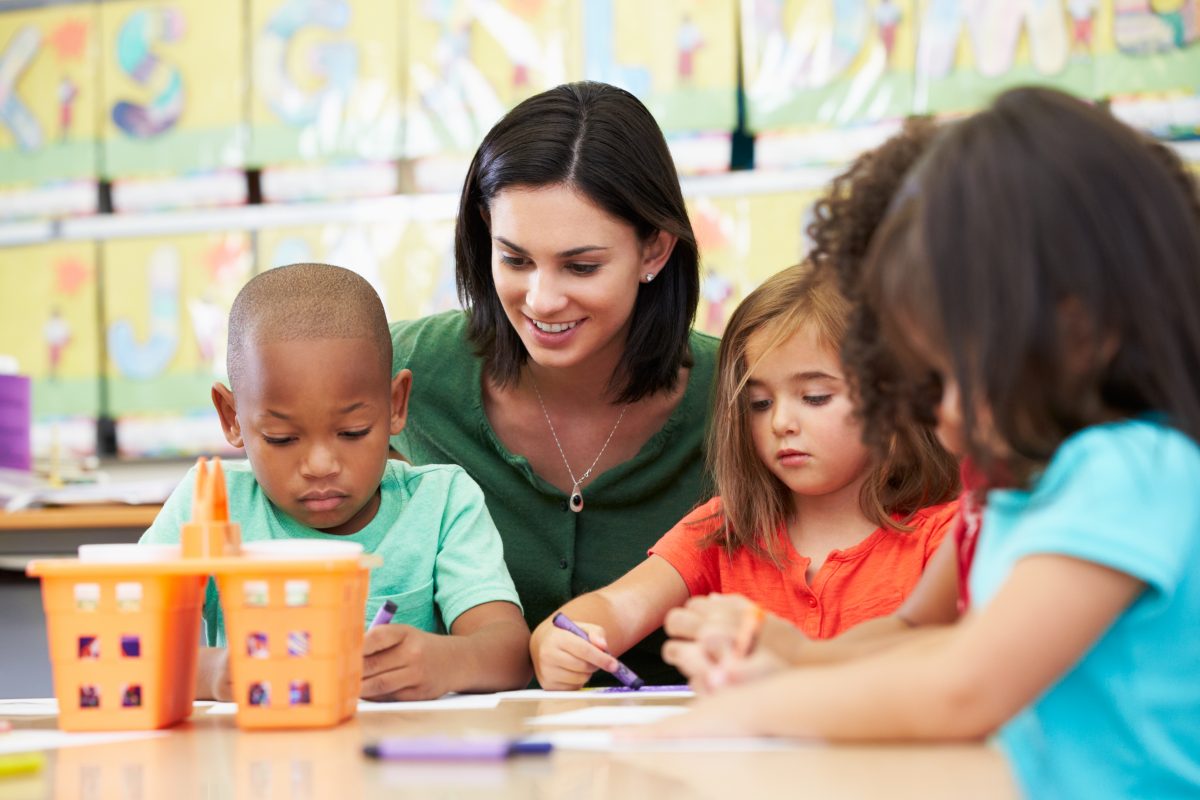Service learning refers to educational programmes that incorporate curriculum areas with community service. Picking up rubbish at the local park may incorporate lessons on recycling, ecology, numbers, language, art and problem solving. Port Melbourne childcare centres have a strong focus on environmentalism and community participation, providing many positive outcomes for young children. Local nurse and parent, Erin, found her two girls Olivia (2) and Layla (4) had become more socially aware and showed more empathy to others after participating in service learning activities at their childcare.
Holistic Learning
The Being, Becoming and Belonging philosophy of the National Early Learning Framework allows childcare centres to design holistic programmes that develop the whole child. Activities that offer community service, combined with activities and learning opportunities help children develop empathy and compassion. As they work toward the goal of helping either other people or their environment, they are laying the foundations of being a good citizen.
One important early learning outcome is for children to be connected with and contribute to their world. A second is that children are confident and involved learners. Service learning contributes to these outcomes by:
- Allowing children to lead the way in seeking and creating activities and/or solutions.
- Helping children to develop the understanding that being part of a society means contributing in ways that can help other people outside their immediate circle.

Long term Benefits
Incorporating service learning into the curriculum has long term benefits for young children. By working towards a goal, children are able to apply educational learning to real life applications which helps them understand how the things they learn can matter outside of childcare. By allowing them to find solutions to real life problems, children build confidence in their own problem solving skills. With self-confidence and a strong sense of self, children find their learning journey easier and more productive.
Project Development
Layla’s childcare room worked together on a project to contribute to a local dog shelter. The children had to decide what made a good home for an animal and what the dog’s basic needs were. Activities included drawing the homes and making models of the homes out of craft materials. They then made recipes for healthy dog food, prepared the food and took packets of the dog food to the shelter to share with the animals. The project objectives were to help children think about the needs of others, experience cooperation and teamwork. Maths, nutrition, art, design and construction were all part of the learning areas.
Port Melbourne childcare approaches service learning with a child centred model. The centre staff consult the local community before designing the activities and then plan the projects around the age and developmental level of the children. Parents are often involved in the planning and may provide ideas or local centres that would be suitable for service learning projects. Erin is proud of how her daughters embrace the activities and sees them building lifelong habits of community engagement.

